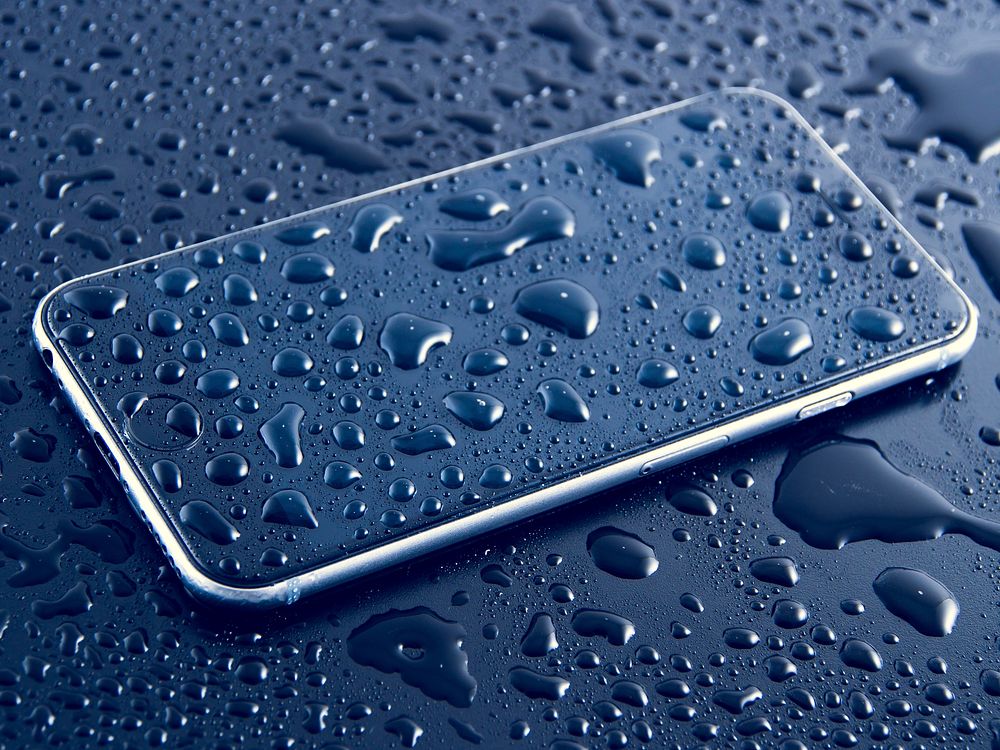The Washington Post worked with the researchers of the University of California, to understand how much water and power OpenAI’s ChatGPT, publishing an interesting report the last 18th September. Roughly a quarter of Americans have used ChatGPT since the chatbot’s 2022 release, but every query exacts a cost. Chatbots use a huge amount of power to respond to user questions, and simply keeping the bot’s servers cool enough to function in data centers takes a toll on the environment.
The object of the study was how much costs to the planet an average 100-word email using ChatGPT?
The answer in terms of water.



A 100-word email generated by an AI chatbot using GPT-4 Once requires 519 milliliters of water, a little more than 1 bottle, once weekly for a year requires 27 liters, once weekly for a year by 1 out of 10 working Americans (roughly 16 million people) requires 435,235,476 liters, equal to the water consumed by all Rhode Island households for 1.5 days.
Each prompt on ChatGPT flows through a server that runs thousands of calculations to determine the best words to use in a response. In completing those calculations, these servers, typically housed in data centers, generate heat. Often, water systems are used to cool the equipment and keep it functioning.
Furthermore, before chatbots can even fulfill a request, a huge amount of energy is spent training them. The large language models that allow chatbots like ChatGPT to generate lifelike responses all require servers to analyze millions of pieces of data. It can take months to train these advanced computer models. Big tech companies have made numerous pledges to make their data centers greener by using new cooling methods. The last July, Google released its most recent environmental report, showing its carbon emission footprint rose by 48 percent, largely due to AI and data centers. It also replenished only 18 percent of the water it consumed, but its ambitious goal is to achieve net-zero emissions by 2030. Furthermore, Microsoft is working towards installing data center cooling methods that will eliminate water consumption completely. The goal to reduce energy consumption is a new challenge the industry has never met before.
References:
https://www.washingtonpost.com/technology/2024/09/18/energy-ai-use-electricity-water-data-centers





